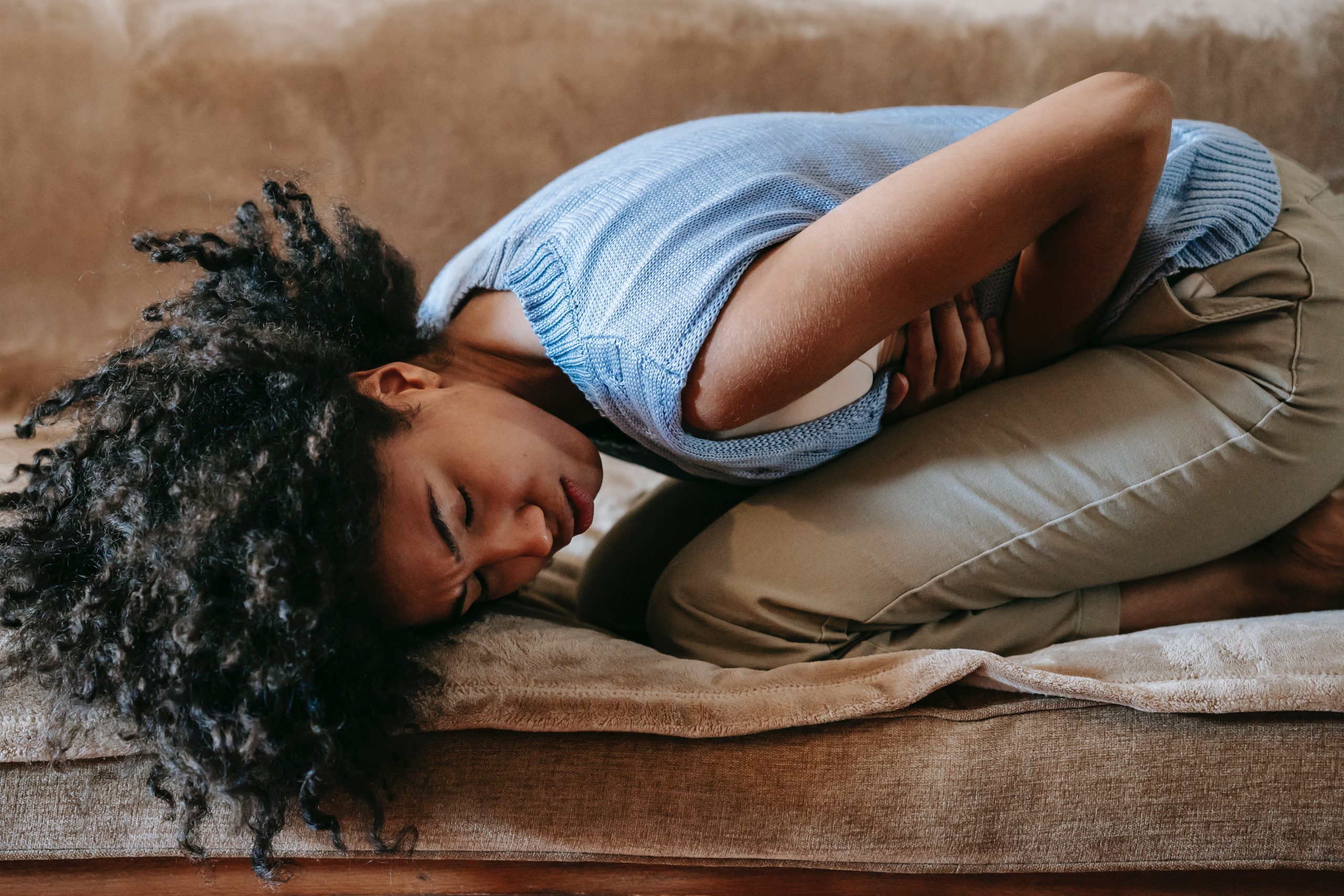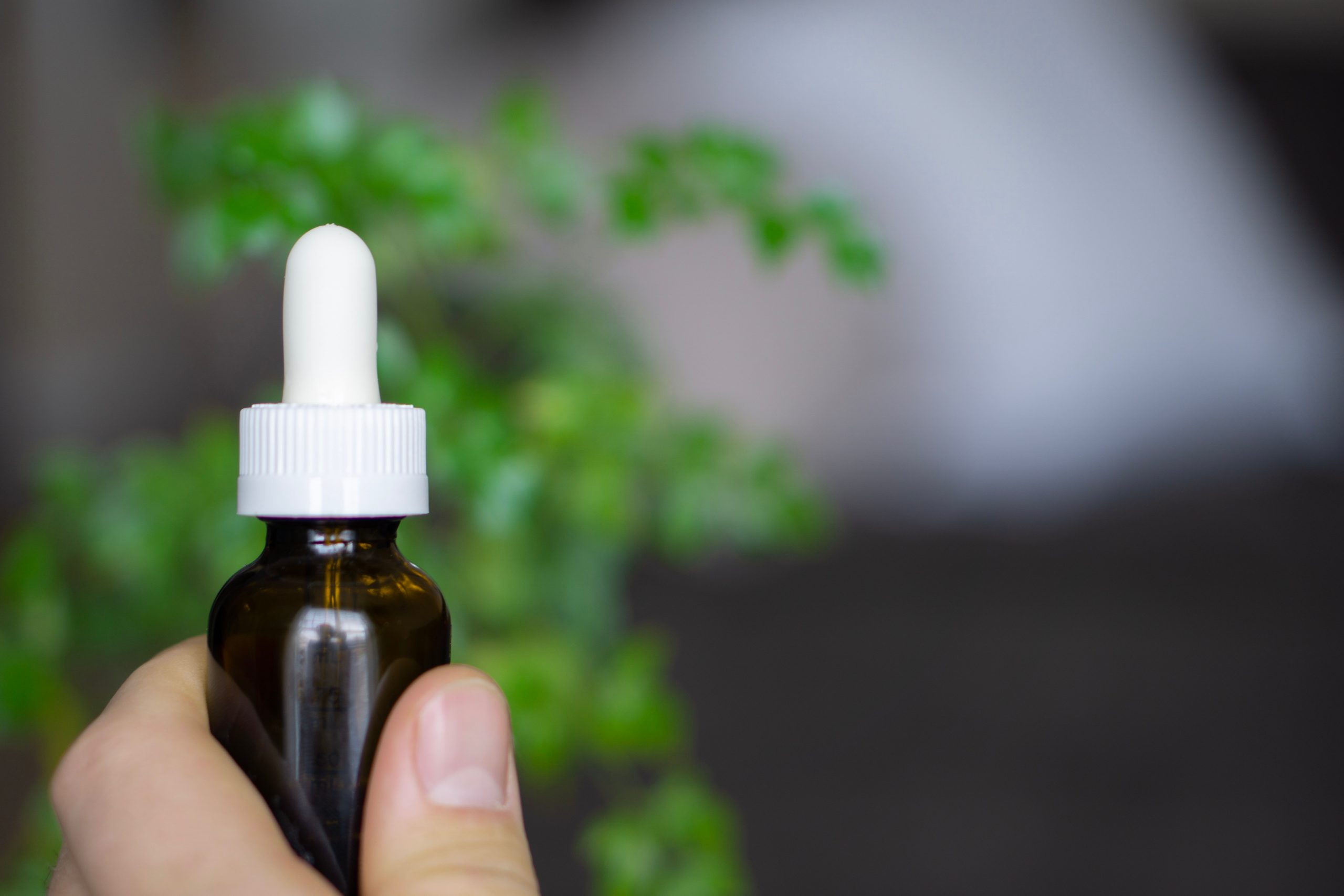What is Endometriosis?
Endometriosis is abnormal growth of cells that are similar to the ones in the lining of the womb. It affects 1 in 10 women of reproductive age, which adds up to approximately 176 million women worldwide.
What causes endometriosis is still not completely understood. The endometrial tissue grows outside the uterus and gathers around the fallopian tubes, ovaries, bladder, and bowel. The main problem with this condition is that the bleeding phase of a woman’s menstural cycle provides an exit for the blood; when the endrometrial cells grow, there is nowhere for them to go. This is what causes pain, inflammation, and even the formation of scar tissue.
While the severity of the symptoms can vary from woman to woman, even in less severe cases, endometriosis can lead to infertility if left untreated. Getting treatment, however, can be challenging for many women. Endometriosis can be misdiagnosed or getting an accurate diagnosis can take time, and can consist of a great deal trial and error.
Endometriosis can be a stubborn and tenacious condition. Even if scar tissue is surgically removed, it does not mean that the tissue will not regenerate. Unfortunately, it almost always returns, along with all of the other symptoms, including terrible pain.
How Can CBD Help?
Research shows that women are given sedatives more often than actual pain medication. It’s likely that this goes far back in history to when women were diagnosed with hysteria as far back as the Ancient Greeks. Crazy, right?
For so many women, then pain of endometriosis is unbearable and can be the most challenging aspect, because when you’re in pain, you can’t focus, you can’t accomplish what you need to, and you’re tired. Pain is EXHAUSTING.
An online survey in Australia interviewed women from an endometriosis support group and found that cannabis and CBD oil were the most effective of all of the self-care techniques for endometriosis pain. Other self-care methods include breathing techniques, yoga, and stretching.
For some, they may wonder if CBD made a difference in their pain levels, but some found that if they stopped taking CBD for a week, they realized how much more severe the pain was without CBD. This change encouraged them to return to their CBD regimen so that they could carry on with their daily routines.
Reducing / Alleviating Pain and CBD
The reason patients find pain relief or reduction from CBD oil may be tie4d to the CBD’s activation of the TRPV1 vanilloid receptor. TRPV1 is a gated ion-channel that generally causes pain when it’s stimulated. So when CBD is introduced to these receptors, they no longer respond anymore and pain is no longer registered. Think of when you use a heating pad on your body. The soothing relief is a mild activation of the same TRPV1 receptors. CBD provides a stronger activation of these receptors.
CBD is also thought to slow or even prevent the spread of endometrial tissue because of how it reacts with the GPR18 receptor because cannabidiol was shown to be an antagonist of the GRP18 receptor, which means it should help prevent the abnormal spread of the endometrial tissue.

Because this research is young, there are often more questions than answers and additional research needs to be done to have a more complete understanding of these reactions. While we don’t fully know CBD’s potential to halt cell migration in endometriosis, its effectiveness as a painkiller is a potent option appreciated by many who struggle with this condition.
*This information should not be used for diagnostic purposes. Please consult your doctor if you believe you could be suffering from endometriosis so that testing, diagnosis, and a treatment plan can be determined.
